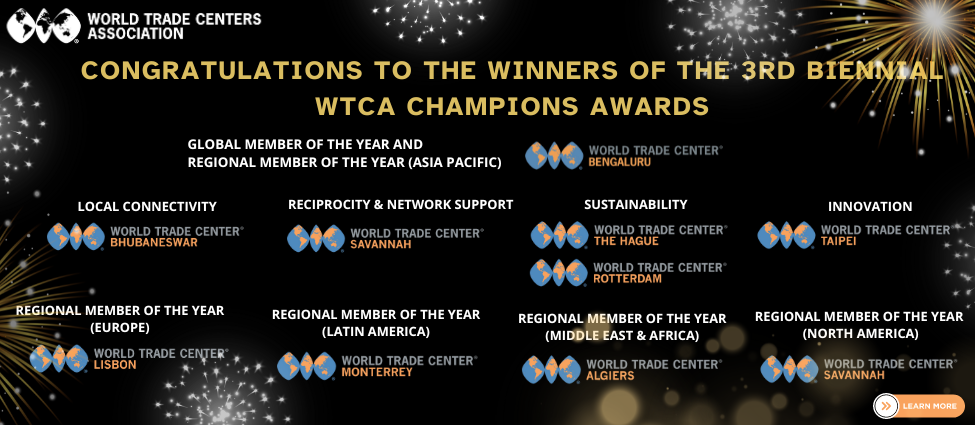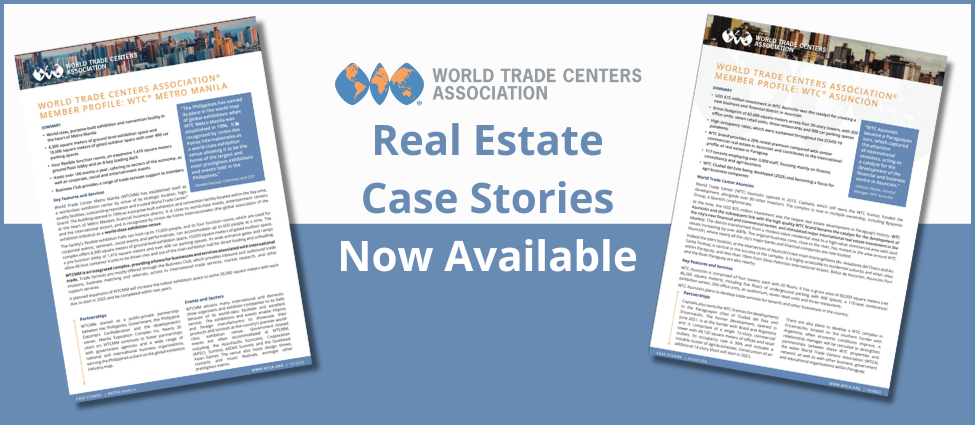
THE WORLD ECONOMIC SITUATION AFTER COVID-19
The COVID-19 shock has triggered a global macroeconomic crisis of unprecedented scale. The policy responses and the outcomes that followed varied widely, with the greatest divide being marked between economies with and without much access to financial resources, infrastructure and robust health systems.
This webinar is undertaken as part of the Response and Recovery: Mobilising Financial Resources for development in the time of COVID-19 in cooperation with ECA, ECLAC and ESCAP, aims to strengthen macroeconomic diagnostic and policy design capacity in low-income and middle-income developing countries (LICs and MICs) to respond appropriately and innovatively to the COVID-19 pandemic and to contribute to a recovery that enables the achievement of the Sustainable Development Goals (SDGs).
One track of the project includes an assessment of the macro-financial conditions of the world economy after the Covid-19 shock, stressing that, beyond the short-term economic effects of the pandemic the yet unresolved structural conditions that most developing economies faced have worsened. With the help of scholars in various universities, we have undertaken research based on country-specific analyses and the UN Global Policy Model, that quantifies the combined effects of the pandemic and the pre-existing constraints, thus offering a comprehensive layout of the policy challenges that lie ahead.
In this webinar, three main issues are discussed: (i) the macroeconomic prospects for growth recovery and economic development in countries of the Global South, given that their space for policy action has been dramatically reduced; (ii) the challenges to climate change adaptation when strategies for structural transformation have faded away; and (iii) the near-unsurmountable constraints of commodity-dependent economies of the Global South.
The debate will be tailored to shed light on plausible policy responses.
Purpose and objectives of the webinar
The webinar forms part of the activities of the Response and Recovery: Mobilising Financial Resources for development in the time of COVID-19 project. While non-technical in character, the discussion at the webinar and the materials made available online offer rigorous, state-of-the-art insights about the macro-financial limits to growth and development.
What is expected from this webinar is, in succinct terms:
- An open and realistic discussion among policy-makers and scholars about economic policy alternatives ahead;
- An exploration of the possibilities to strengthen mechanisms for global and regional coordination, and especially South-South cooperation, which could serve as the basis for policy action by developing countries operating in an uneven world economy.
Programme
Moderator and opening by: Mr. Alex Izurieta, Senior Economist UNCTAD
14:05–14:50 Panel discussion
-
Prof. Terry McKinley, School of Oriental and African Studies (SOAS), University of London (England)
-
Prof. Pranab Mukhopadhyay, Goa Business School, University of Goa (India)
-
Prof. Alemayehu Geda, University of Addis Ababa (Ethiopia)
14:50–15:20 Open discussion (30 mins)
15:20–15:25 Concluding remarks, Mr. Jo Michell, Associate Professor of Economics at UWE Bristol, England (5 mins)

